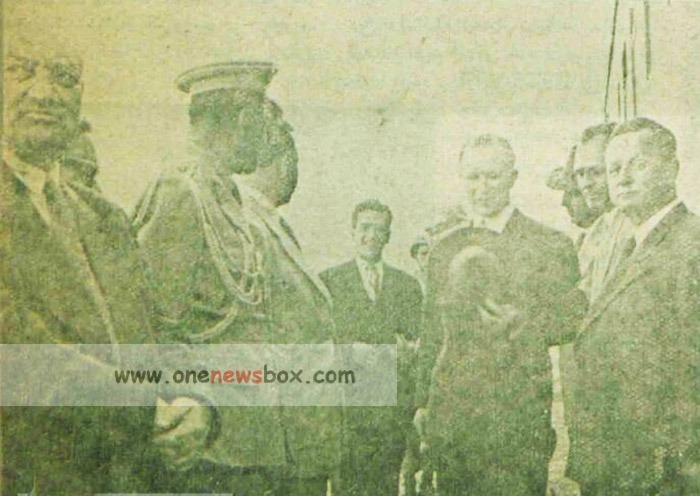III. A Price for Peace: Negotiations in the Cold War Era
By the early 1950s, Iran was undergoing rapid political and social transformations. The trauma of World War II, combined with internal political upheaval—including the nationalization of the Anglo-Iranian Oil Company and the subsequent 1953 coup that reinstated Mohammad Reza Shah’s absolute rule—had left the country deeply wary of foreign interference. Meanwhile, the Cold War was intensifying, and Iran’s geostrategic location made it a pawn in the global rivalry between the United States and the Soviet Union.
Despite strained relations, diplomacy between Tehran and Moscow never completely broke down. In fact, beneath the surface of ideological antagonism, a series of quiet, calculated discussions continued, particularly concerning Iran’s lingering grievances from World War II. Among these was the demand for reparations.
Iran had not forgotten the damages inflicted by the occupation: economic disruption, resource exploitation, political subversion, and the toll on its national sovereignty.
